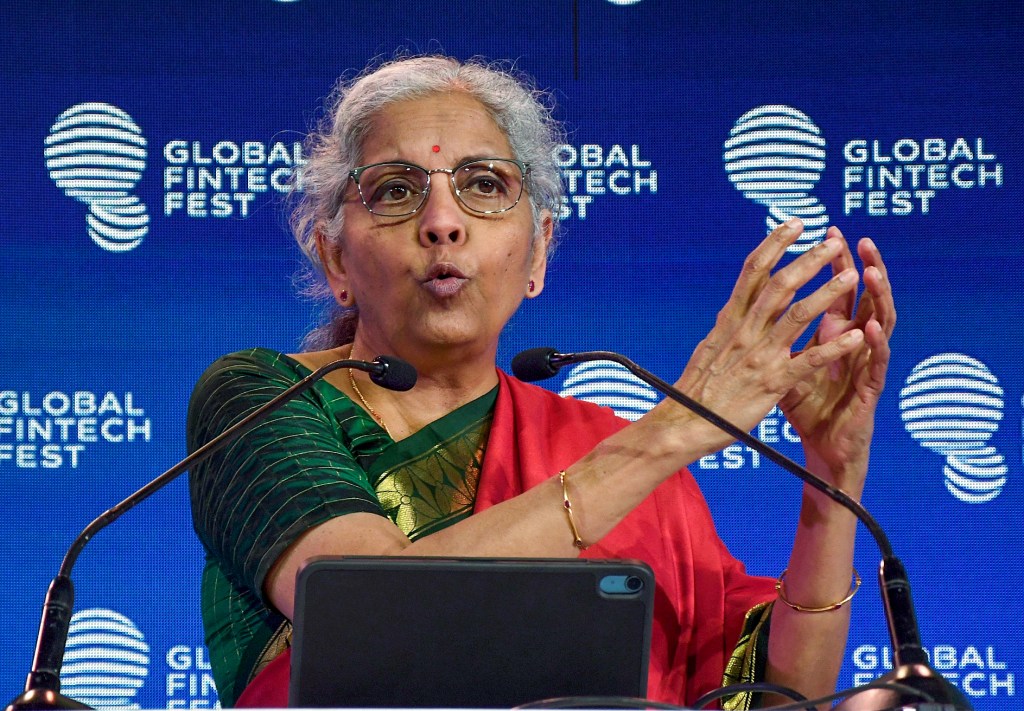As ChatGPT and DeepSeek upend the global tech game, India faces a daunting question: can it ever produce an AI contender?
With the budget announcement on Saturday, the tech industry is eager for policy shifts that could transform India from a software services giant into an IP-driven innovation powerhouse.
India’s tech ecosystem has thrived on consumer tech — Jio, Flipkart, Swiggy — but true disruption has been scarce in AI and deep tech.
A 2024 Nasscom study showed that less than 3% of Indian startups tackle deep tech, with 70% of them citing a lack of funding as their biggest roadblock.
The issue is systemic: India’s R&D spending lags at 0.64% of GDP, far behind the US, China, and Israel.
A roadmap for deep tech
Manish Singhal, founding partner at pi Ventures, says sustained investment, without immediate pressure to show returns, is essential for AI and semiconductor startups.
In meetings with the industry and trade officials this month, VC investors pushed for more sector-specific pools of capital for deep tech, according to a spokesperson for Indian Venture and Alternate Capital Association, India’s largest institutional investor lobby.
Read more: Forget DeepSeek — Alibaba’s Qwen just joined the AI chat
The VC community is seeking this dedicated deep tech capital as part of an expanded 2016 Fund of Funds initiative, which has committed $1.2 billion in sector-agnostic VC funds, the spokesperson says.
Arpit Chug, CFO at fintech startup Razorpay, says R&D subsidies and lower taxes for digital startups could mimic the success of the Make in India program.
Reversing the brain drain
The larger challenge? Brain drain. India produces top-tier talent, but much of it fuels innovation overseas.
A recent study by Stanford professor Ilya Strebulaev found that Indians made up 8% of the founders in the 500 US unicorns, the highest among non-US nationalities.
Harish H V, managing director of ECube Investment Advisors, says most of the IP and innovation that China is coming up with is done by people with an American education and Silicon Valley experience.
Read more: China’s DeepSeek just dented America’s AI ego — and maybe its lead
“Indians who are equally capable of producing such IP prefer to live there and lead US companies,” he says.
In 2023-24, India became the country sending the greatest number of foreign students to the US, according to the Open Doors 2024 Report.
That’s something not seen since 2009, and a 23% jump from the year before.
India’s AI strategy “must be a holistic education and research strategy,” says Kailash Nadh, CTO at Zerodha, India’s largest broking firm, in a blog. Without tweaks in these areas, “it is going to be a perpetual game of second-guessing and catch-up.”
What’s in the budget?
The 2024 budget was a big one for startups.
The government eliminated the angel tax, lowered certain taxes for e-commerce platforms and on sales of shares in unlisted equities, and introduced new capital vehicles for biotech, space tech and agritech.
It also greenlit a $1.2 billion AI initiative, aimed at expanding sovereign cloud infrastructure and advancing large language model research.
As for this year? Expect to see tax tweaks and incentives for tech sectors, beyond expanding the Fund of Funds initiative to boost venture capital.
It was reported last month that the government may be mulling a $3 billion push for local manufacturing of tech components that could support a more focused industrial strategy.
The Modi administration has supported tech growth, helping India become a top destination for foreign investment, and home to the third-highest number of unicorns globally.
But can the budget deliver a ‘ChatGPT moment’? Maybe not, but it might help set India on the right path to get there.
Edited by Ankush Chibber. If you have any tips, ideas or feedback, please get in touch: talk-to-us@moniify.com






